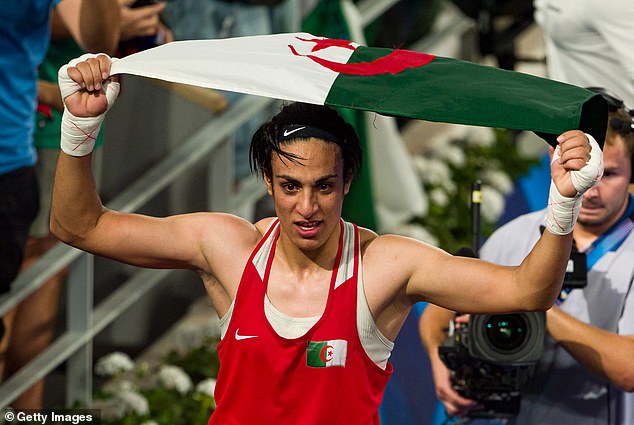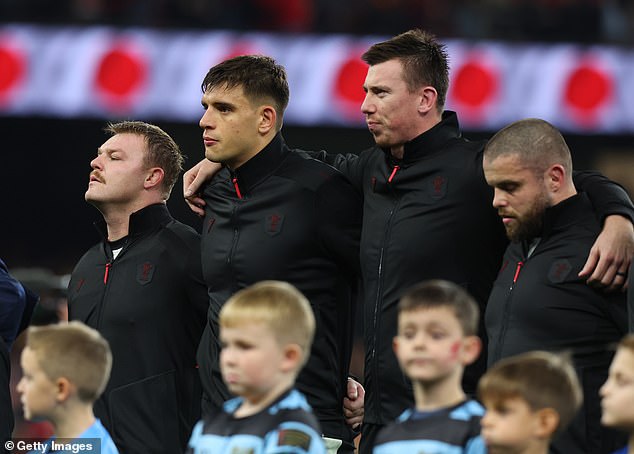
Imane Khelif’s Olympic Boxing Ban: Failed Gender Tests and Activists’ Overlooked Red Flags
Imane Khelif’s Olympic Controversy: IBA Demands Medal Stripped Amid Gender Eligibility Debate
[Image 1: Imane Khelif stands on the Paris 2024 podium, draped in the Algerian flag with her gold medal.]
Algerian boxer Imane Khelif’s triumph at the 2024 Paris Olympics has sparked a fiery dispute. The International Boxing Association (IBA) president, Umar Kremlev, insists her gold medal should be revoked after alleged "conclusive and repeated" gender tests found her ineligible for the women’s 63kg division. Speaking to Mail Sport, Kremlev accused the International Olympic Committee (IOC) of prioritizing politics over fairness and demanded an apology to affected athletes.
IBA vs. IOC: Clash Over Testing
Kremlev revealed Khelif twice failed chromosomal tests (XY) during IBA events in 2022 and 2023. Despite disqualification by the IBA, she competed under IOC rules at the Paris Games, which prioritize passport gender designation over biological testing. The IBA claims it informed the IOC of these results before the Olympics, but the IOC dismissed the tests as “not legitimate.”
[Image 2: IBA President Umar Kremlev gestures emphatically during an interview.]
Kremlev accused former IOC president Thomas Bach of enabling the controversy, labeling him a “rat” who “put politics on the podium instead of athletes.” He demanded Bach apologize and compensate athletes affected by the eligibility dispute. “The IOC is violating sports principles. Medals are given based on political interests,” he stated.
Testing Timeline
In 2022, coaches at the IBA Women’s World Championships raised concerns about Khelif and others. Tests by Turkey’s Sistem Tip Laboratory indicated “abnormal” results. A 2023 retest by India’s Dr. Lal PathLabs confirmed the findings, leading to Khelif’s disqualification. Neither she nor Taiwan’s Lin Yu-ting, also disqualified, appealed the decision. Months later, Khelif won Olympic gold, igniting the feud.
IOC’s Stance
The IOC maintains its transgender and intersex policies, requiring legal gender documentation and testosterone suppression for trans athletes. Spokesman Mark Adams dismissed IBA’s testing as “ad hoc” and “not legitimate.” Khelif, whose Algerian passport lists her as female, hasn’t publicly addressed the results beyond a cryptic social media post.
[Image 3: Donald Trump at a podium, with text highlighting his legislation on women’s sports.]
Kremlev Praises Trump’s Policy
Kremlev applauded U.S. legislation barring transgender women from female sports, calling it a model for fairness. “Donald Trump signed an order stating women’s sports are for biological women. Now, gender testing is unavoidable,” he said. He urged global adoption of pre-competition testing to prevent “chaos” in sports.
Broader Implications
The dispute underscores the global debate over gender eligibility. Advocates argue such testing is invasive and discriminatory, while critics like Kremlev stress fairness and safety. “Inclusion matters, but rules protect athletes. Without them, there’s no sport,” he asserted.
[Image 4: Thomas Bach looks on at an IOC event, with a quote criticizing his leadership.]
As tensions simmer, the IOC faces mounting scrutiny over its governance. Meanwhile, Khelif’s medal remains a flashpoint in the fight to balance inclusion with competitive integrity—a battle far from resolution.
Final Word
Kremlev’s demands spotlight a fractured sports bureaucracy. Whether the IOC revisits its policies or holds firm, the controversy ensures gender eligibility will dominate debates long beyond Paris 2024.


